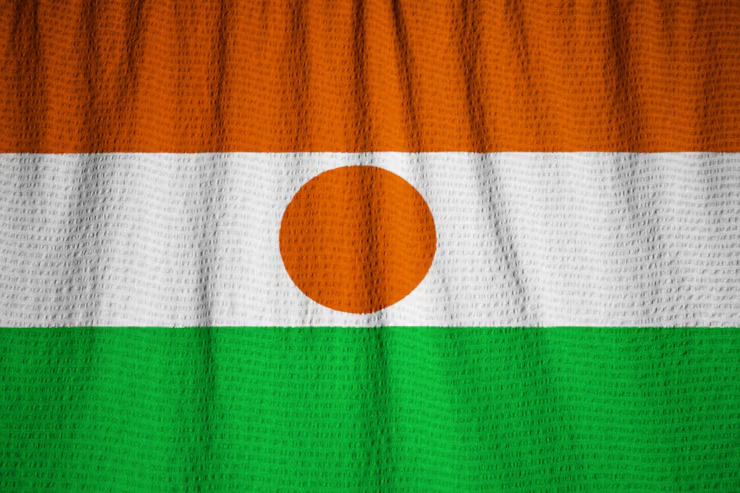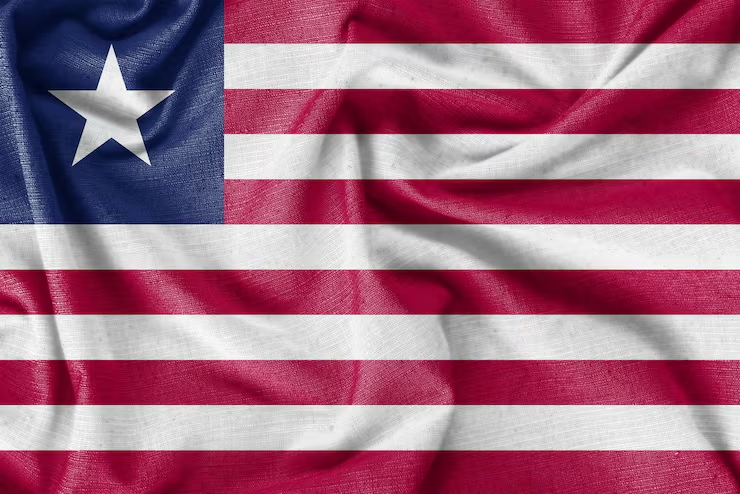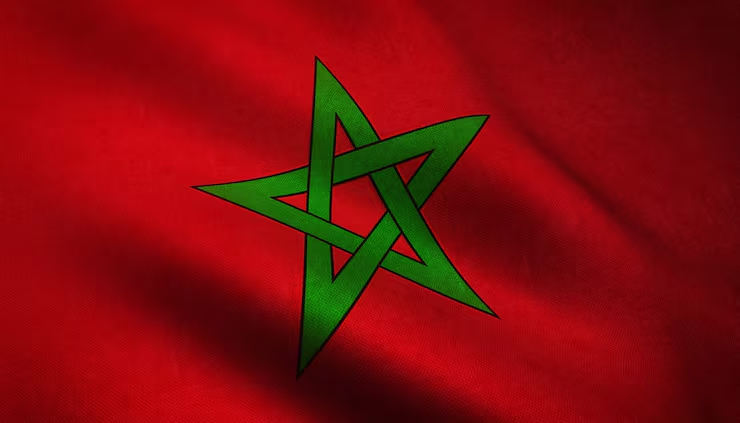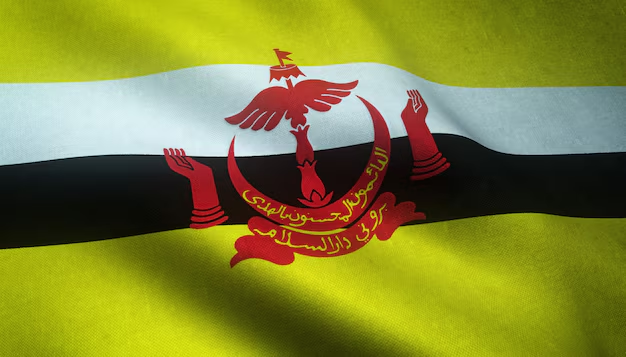People in Niger are slowly but surely changing the way they pay for products. Niger has long had a cash-based economy, but it has challenges, including a weak banking system, low literacy rates, and not enough people who know how to use technology. Still, new fintech businesses, mobile money breakthroughs, and cooperation between regions are all pushing us towards a digital future that will help the economy flourish and make it easier for everyone to receive money.
The Current situation of Niger's payment system
Most of the time, the Niger payment rails still use cash. Digital banking is still fairly new in Niger, even though more individuals are using mobile phones and financial technology is growing around the world. Because the country's banking system is so bad, it's impossible for people to acquire financial services, especially in rural areas. Also, user experience and education are still big issues. Only 37% of adults can read and write.
Niger wants to strengthen its payment infrastructure so that it can link with systems in the area and promote digital solutions. GIM-UEMOA is one example of this kind of critical infrastructure.
GIM-UEMOA in Niger: Local Change Comes from Regional Integration
The Interbank Electronic Payment Group of the West African Economic and Monetary Union uses GIM-UEMOA Niger as a payment rail and processor. GIM-UEMOA links about 150 banks and other financial institutions from eight member nations, including Niger. The goal is to get people, corporations, and governments to pay each other electronically.
By collaborating with international corporations, the group is promoting innovation through its GIM-Pay framework. It's important to know that Network International and GIM-UEMOA have signed a Memorandum of Understanding to make digital payment services better in the area. The GIM-UEMOA network now lets people in the WAEMU region use Verve, a Nigerian credit card brand. This makes it easier for people in Niger to do business with people in other nations and areas by allowing payments to be made across borders.
GIM-UEMOA has joined Nexo standards and used the ISO 20022 messaging standard to help with these efforts. This has made transfers faster and better in Niger and other countries.
How GIM-UEMOA Works in Niger
In Niger, GIM-UEMOA is a central switch that links banks, microfinance groups, and payment service providers. People can do business more easily because of this. It supplies the legal and technical framework for several of Niger's most important digital payments.
Also read: Gambia’s Payment Rails & How They Work – EFT Switch, Mobile Money & Banking Access
Niger's Mobile Money Services: Promise vs. Reality
People are hopeful because mobile money services are becoming more popular in Niger. Mobile devices offer a lifeline for people who don't have bank accounts. But only 9% of individuals in Niger utilise mobile money, which is one of the lowest percentages in Sub-Saharan Africa.
There are a lot of reasons:
- There aren't many agents in most of the country, especially in rural areas.
- A lot of cell phones, but not very good at reading or writing.
- Doubt about cash and adhering to old routines.
Research suggests that people in Niger are willing to pay for mobile money transfers, which means there is a hidden demand. You shouldn't try to mimic models from nations like Kenya, where M-Pesa worked, because the infrastructure was different. We need to build fintech models that work for the people who live there instead.
Enabling Adoption through Fintech Innovation
Fintech innovations to make it easier to use TransFi and other comparable services are well-equipped to fix these issues. TransFi is providing clever ways to send and receive money to places like Niger. These solutions will focus on making mobile transactions cheap, making it easy to sign up, and letting people use their currencies. Their platform makes it easy and cheap for people in Niger to transmit money across borders, whether they are families, businesses, or migrants.
Niger's Cross-Border Payment Links: Making Trade in the Area Easier
Cross-border payments are important for trade and remittances between African countries. Unfortunately, payments across borders in Niger and the rest of the WAEMU region are still slow and expensive because the payment systems don't work together or link to each other.
It costs a lot to transfer money home, which is a significant difficulty, especially between Niger and Nigeria. These are especially crucial for families who get money from family members who work in other nations or adjacent countries. The flow is harder because Niger's exchange systems aren't clear, and there aren't any fast transfers.
The Pan-African Payment and Settlement System (PAPSS) and other related programs are supposed to make this process easier. PAPSS works with central banks to set up systems for African markets that settle transactions in real time. But it will still take years for everything to be fully in place.
TransFi's borderless payments solution is a bridge that fixes the flaws with present systems by letting people pay in their currencies, connecting regional corridors, and making cross-border transfers cheaper.
Also read: Côte d’Ivoire’s Payment Rails & How They Work – Mobile Money, GIM-UEMOA & Instant Transfers
Future of the Fintech Sector in Niger
Niger's fintech industry is at a very vital time right now. Here are some things that will help you do well:
- Putting up networks of agents to provide services at the last mile.
- Making it hard to read mobile money user interfaces.
- Creating platforms and APIs that interact with payment systems in diverse parts of the world.
- Giving regulatory support to new business models and financial services that put mobile devices first.
For Niger's financial technology to flourish, it is vitally necessary to have public-private partnerships and put money into digital education, especially for women and people who reside in remote areas. In order for Niger's digital payments to operate in the future, they will need to work with other countries, teach people how to use money, and construct smart infrastructure.
Conclusion
Niger's digital transformation is still in its early phases, but efforts are being made to make a payment system that is easier to use, more open, and more effective. Niger's payment systems will probably alter a lot in the next few years due to new fintech platforms like TransFi, regional frameworks like GIM-UEMOA, and customised mobile money services. Niger's path to financial inclusion is clear: it needs a lot of creative ideas, wise legislation, and a strong focus on designing for users.
FAQs:
1. Why does Niger still depend so much on cash?
Most Nigerians still use cash for everyday purchases because the country's mobile money networks are bad, not many people know how to use digital tools, and the banking system isn't particularly good.
2. What does GIM-UEMOA accomplish for Niger's payment system?
GIM-UEMOA is a payment switch and processor for the region that links banks and other financial institutions in WAEMU countries, such as Niger. This is done to get people to pay with their phones.
3. Why do so few people in Niger use mobile money while so many people have cell phones?
People want mobile money and have mobile phones, but adoption is delayed because not many people can read and write, there aren't many agent networks, and people don't know how mobile money works.
4. What does TransFi do to make it easier to move money between Niger and other countries?
TransFi is a platform that solves the difficulties with existing remittance systems by making it easy, safe, and cheap for anyone to send money throughout the world in their local currency.
5. How can Niger's digital payments be improved?
To encourage more people to utilise them, Niger requires stronger agent coverage, programs to teach people how to use technology, tailored fintech solutions, and strong coordination between the governmental and commercial sectors.
Table of Contents
Suggested Article
Explore our products

Make global payments at the speed of a click

Accept payments, remove borders.

Unlock Seamless Digital Currency Transactions Anywhere








.png)














